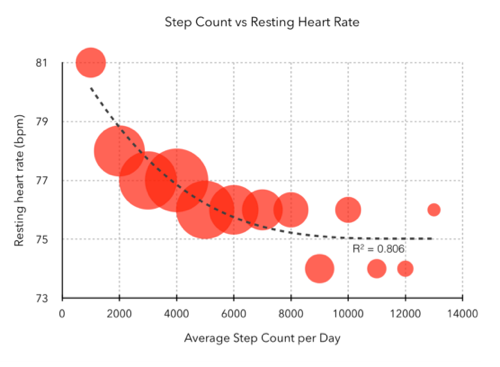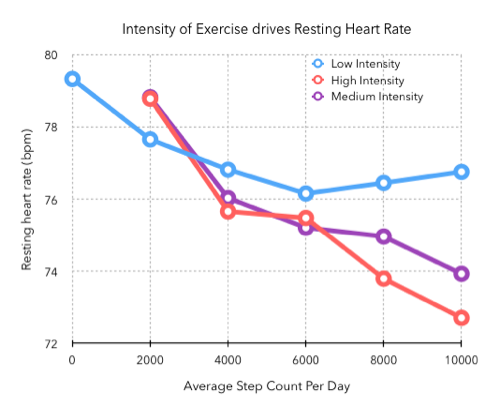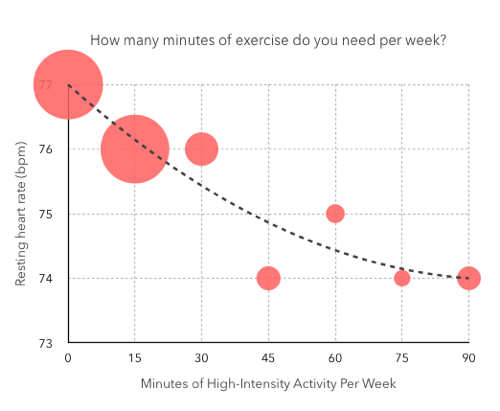Study: Regular soda causes body to store more fat after high-protein meals →
It's not a high protein food, but this research is why I didn't have a Mexican Coke with my pizza last night.
Combining a sugary soda with your burger or fried chicken can really prime your body to pack on more pounds, a new study suggests.
Folks who had a sweetened drink with a high-protein meal stored more unused fat, compared to others who ate the same food with a sugar-free beverage, laboratory tests revealed.
Their bodies did not burn about a third of the additional calories provided by the sugary drink, researchers found.
The participants also burned less fat from their food, and it took less energy overall to digest the meal.
"If we are adding extra carbohydrates on top of what's already in a meal, that will definitely have an effect on the body being able to use fat as an energy source, and it will more than likely go into energy storage," said lead researcher Shanon Casperson. She's a research biologist with the U.S. Department of Agriculture.
The study was performed by putting participants into a sealed room and precisely measuring how their bodies did (or didn't) burn the nutrients in their meals.
Each day, the participants had a sugary cherry-flavored drink with one meal and a sugar-free cherry drink with the other meal, Casperson said.
The sugar-sweetened drink decreased fat oxidation -- the process that kick-starts the breakdown of fat molecules -- by 8 percent, the researchers discovered.
Also, the sweetened drink consumed with a 15 percent protein meal decreased fat oxidation by an average 7.2 grams, while the same sugary drink with a 30 percent protein meal decreased fat oxidation by 12.6 grams.
If you decrease fat oxidation by that much per meal, over enough meals, you'll definitely start to pack on the pounds. This is disappointing news, because I really love to have a soda with my fried chicken, brats, burgers, and other delicious high protein meals.


